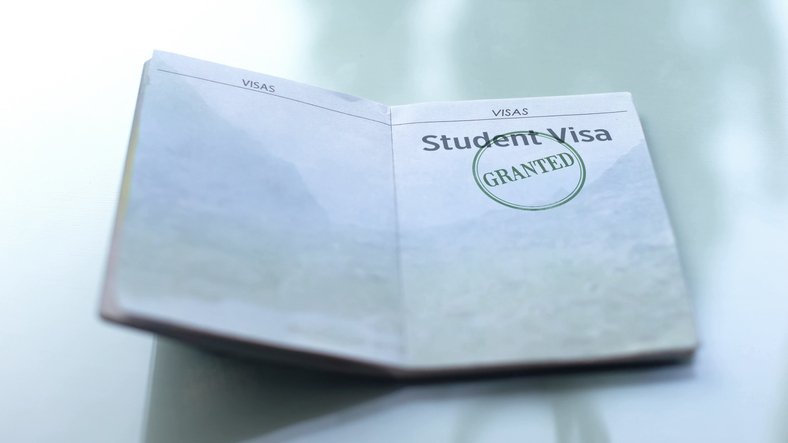Insurance for International Students Coming to the US
United states healthcare system
Unlike other countries, the United States doesn’t have a nationalized healthcare system therefore individuals are responsible for paying their own treatment out of pocket or purchasing private health insurance to cover the cost of their medical bills.
The United States boasts one of the greatest medical expertise and the finest clinics in the world. If you are sick or injured during your studies in the US and you are treated in a hospital, you can be certain that you are receiving some of the finest care in the world.
Health Insurance for students traveling to the US
Many international students don’t fully understand the importance of having good insurance and are caught off-guard by healthcare costs during their studies. International student health insurance is designed to cover the majority of medical costs and often works with a network of doctors contracted to charge a discounted rate.
Coverage provided by different health insurance plans varies dramatically. They may or may not include large or small deductibles, co-pays, or co-insurance; beneficiaries may pay a large, small, or no part of their health insurance premiums; some plans cover dependents, others do not. Be sure to mind all of this and completely understand what you’ll be looking for and also what you’ll be getting.
View important insurance terms.Types of Visas
Another very important thing to understand at the very beginning is what type of visa you’ll be needing, because there are many different types. F1 visas are for those who are attending a university, college, high school, private elementary school, seminary, conservatory, language training program, or other academic institution inside the country. OPT visas are for those who got a job in an area related to their major after graduation. J1 visas refer to those who want to be research scholars, professors and exchange visitors participating in programs that promote cultural exchange. Lastly, the M visa is another type of student visa to attend a vocational or technical school.
Learn more about US Visas.

Since the health insurance requirements for F1 visa holders will vary depending on your university or college, coverage can be administered in different ways. There can be a mandatory school-sponsored group insurance plan, which means there is no option to waive coverage; another can be a school-sponsored insurance plan but with the option to waive, and lastly a no school-sponsored insurance plan, which means you have the option to choose your own coverage.
- Adequate policy maximum
- Relatively low deductible
- Pre-existing condition coverage
- Emergency medical evacuation coverage
- Repatriation of remains coverage
- Maternity
- Mental health
Need your waiver signed?
Simply purchase a plan and email us your form for completion typically within 24 hours.- Medical Benefits of at least $100,000 per accident or illness
- Repatriation of Remains in the amount of $25,000
- A deductible not to exceed $500 per accident or illness
- Expenses associated with the medical evacuation of the exchange visitor to his or her home country in the amount of $50,000

Easy Steps and Recommendations for Buying an Insurance plan
Don’t worry, purchasing an insurance plan is easy! If you choose to study abroad it’s important to find a great health insurance plan that covers your needs. The steps to follow are: knowing your government and school requirements, reviewing your school’s insurance plan or plans and ensuring your plan fits within your budget and gives you great coverage.
Once you find a credible company to purchase your plan from, review the following information: eligibility, plan benefits and exclusions, pricing and payment options, coverage amounts for each benefit, rating by the Better Business Bureau (to ensure you are buying from a good company) and the cancellation policy, in case the plan isn’t accepted by your school.
Take a look at the Top 10 insurance buying tips, or get a better understanding of insurance in the US.
If you have any questions, please contact us.